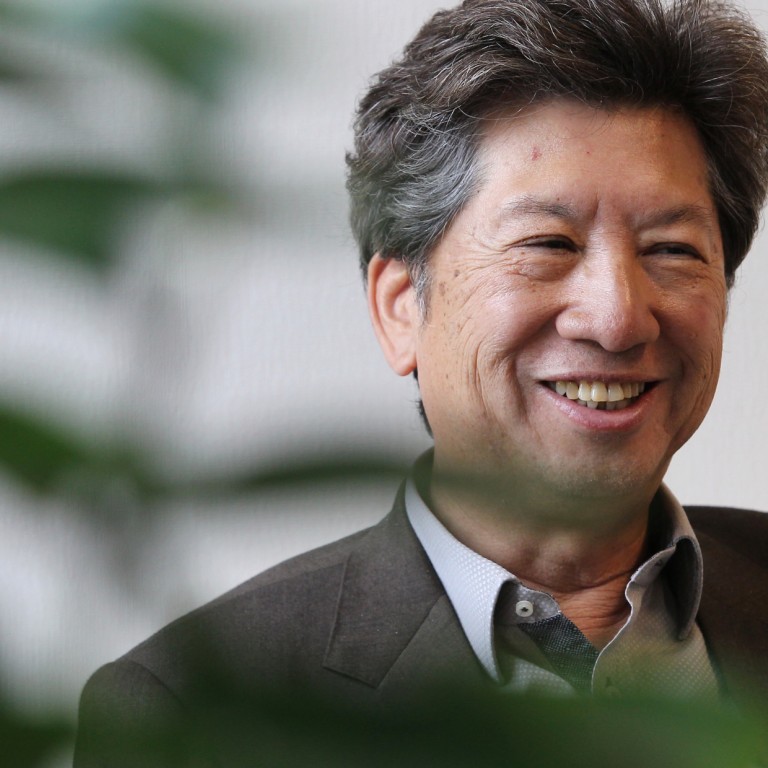
Electoral reform: Civic Party's Ronny Tong comes in from the cold
Civic Party lawmaker was once labelled a 'maverick' for his proposal of electoral reform without public nomination. Now his idea is gaining traction
The past six months have been lonely ones for Ronny Tong Ka-wah, but he's been getting a little more company lately.
The Civic Party lawmaker went out on a limb when he put forward a compromise suggestion for the 2017 political reforms as idealists and ideologues on both the pan-democrat and Beijing-loyalist sides took entrenched positions.
Lately, however, proposals sharing similarities with Tong's plan - such as dropping the contentious element of public nomination - have emerged from such sources as former chief secretary turned democrat Anson Chan Fang On-sang and groups of academics.
"I feel like finally there is someone acknowledging [my views]," Tong told the . "Though I knew my proposal would meet the international standards from the beginning."
While radical pan-democrats condemned Tong for making concessions on their strongly held position that all voters should have the right to nominate candidates, he noted that the government and mainland views had been muted.
"Over the past six months, no one - neither government ministers nor Beijing officials - has officially said my proposal is unacceptable," he said.
In his suggested method for electing the chief executive by universal suffrage, put forward in October, he omitted public nomination and focused instead on expanding the electoral base of the nominating committee that will put forward candidates.
He said he had been frustrated by the lack of support for his plan from moderate pan-democrats, even though he believed a majority would support it if Beijing gave it a green light.
"I found it very unfair that not only did they not publicly support the proposal, but they even accused me of being a maverick," he said.
The barrister-lawmaker also lamented that his party was deviating from its founding principles. "We aimed not only to strengthen the pan-democratic supporters but also to consolidate the moderates," he said. "The Civic Party has failed to realise its founding goal - the New People's Party does it instead."
Pan-democrats had been too afraid of criticism, particularly accusations that they were "not democratic enough".
"Thus they are always trying to show they are the most democratic and end up failing to win support from moderate Hongkongers," Tong said.
"How could Michael Tien Puk-sun's popularity rate higher than Alan Leong Kah-kit's?" he asked, referring to the New People's Party lawmaker and the Civic Party leader. "Isn't there something wrong?"
But Tong said he would only consider quitting the party he co-founded if it decided to veto a reform plan that he considered compatible with global standards on universal suffrage.
"I have been working on this proposal 24 hours a day. I have been totally devoted and couldn't accommodate any other matters," he said.
"I have tried my best to meet the maximum number of people - as wide [across the political spectrum] as you can imagine - even though sometimes I have to be extraordinarily modest," Tong said.
The only point on which Peking University scholar and Basic Law Committee member Rao Geping had reservations was that it allowed the city's leader to have party affiliation, Tong said, adding that he did see not this as the crux of his proposal.
"I will keep fighting till the end … even though it now is like being on a saline drip," he said.

